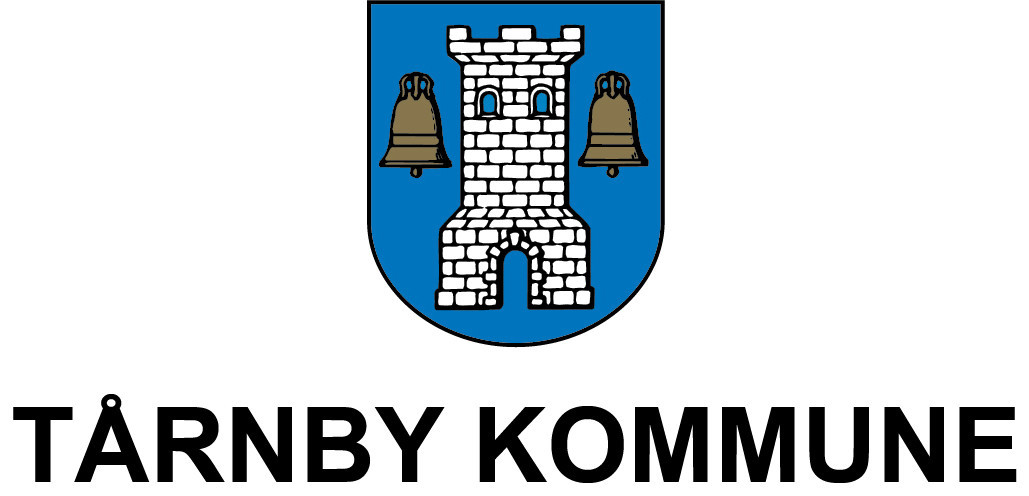Cultural worker in the Øresund region
If you work as a cultural worker in the Øresund region, it’s important that you understand the specific rules that apply in regard to tax, social insurance and unemployment benefits (a-kasse).
This information is for EU/EEA citizens only
If you have questions on what rules that that apply to your situation, please contact Øresunddirekt’s Information Centre for more information. Below, we have collected information on the fundamental rules that could affect you as a cultural worker in the Øresund region.
Tax for cultural workers
If you work as a performing artist or an athlete in the Øresund region, you are subject to a specific set of tax regulations. This means that you are required to pay taxes in:
- The country you work in, and
- The country you live in.
This does not mean that you will be subject to double taxation, but that the tax paid in the country you are working in will be deducted from your taxes in the country where you live. If the tax in the country that you live in is higher than the taxes in the country that you work in, you will be taxed the difference in your country of residence.

Performing artists and athletes who are non-resident in Sweden are taxed according to a special artist tax called A-SINK, which is a flat-rate tax at 15 per cent that is deducted from your wages by your employer. As a worker, you are required to declare your income and any A-SINK taxes in Denmark. The taxes that have already been paid in Sweden, will be deducted from your Danish tax.

Artist tax does not exist in Denmark in the same way as in Sweden. The employer in Denmark will deduct taxes and you will automatically receive a Danish årsopgørelse. You as a worker have to disclose your income in the Swedish declaration.
There are special rules for foreign freelance cultural workers that work in Denmark. You can receive an ‘honorar’ as payment, which is not subject to tax in Denmark. If you receive an honorar, it is important that you remember to disclose your income in the Swedish declaration and pay Swedish taxes.
More information about tax for cultural workers here
Social Insurance
If you work as a cultural worker in the Øresund region, it’s important that you understand the special rules and regulations that apply for social insurance. If you have any further questions on what applies to your situation, please contact Försäkringskassan at the Øresunddirekt’s Information Centre.
Social insurance entitles you to a range of benefits such as sick day pay, parental benefits, pension and more. When you live and work in Denmark, you are automatically insured in Denmark. If you chose to work in Sweden, or to move to Sweden, that could mean that you become insured in Sweden instead.
You can only be registered for social insurance in one country within the EU/ESS or Switzerland at the same time. You are usually insured in the country where you work. If you work in two or more countries, then you are often insured in the country where you live. This is however dependent on how much you work in your country of residence. Therefore, you need to remember that your social insurance country can change depending on how much you work in other countries. It is also good to remember that just because the business is financed with public funds, it does not mean that the business is considered to be in the public sextor. It is Udbetaling Danmark and Försäkringskassan that ultimately decides if you should be considered as a public sector employee.
It is important to remember the following:
- You are only social insured in one country within the EU/EES and Switzerland at the time.
- The main rule is that you are insured in the country where you perform your work – meaning where you are located physically when you work. It does not matter who your employer is, where the employer has their main office or how the wages or compensation is paid. As a sole trader, you should also be aware that the country where you perform your work is the decisive factor, and that you are not automatically insured in the country where your business is registered. If you are employed at the same time as you are a sole trader, this could also have an impact on your social insurance.
- If, as a rule, you work in two or more countries, Udbetaling Danmark and Försäkringskassan will evaluate where you should be insured. Please contact the applicable public agency in the country where you live.
- Social insurance in Denmark and Sweden are financed in different ways, and the cost for the employer can therefore differ significantly. It is therefore important to understand the consequences of taking another job, or to chose to perform in another country. The country that Försäkringskassan and Udbetaling Danmark decides that you are social insured in will determine what social fees that your employer needs to pay.
- Public pension: The income that you earn in the country where you are social insured, is the basis of your state pension. If you work in both Denmark and Sweden, without receiving confirmation of what country you are social insured in, you risk loosing the right to incorporate the income earned in another country as the basis for your pension. Your final pension will therefore be lower, as all income from both countries will not be included.
- You can only join an unemployment fund (a-kasse) in the county where you are social insured.
Read more about social insurance and working in two countries here
Unemployment fund – a-kasse
Becoming a member of an unemployment fund (a-kasse) is completely voluntary both in Denmark and in Sweden. If you want to join an a-kasse, you need to join one in the same country as you are socially insured. If you become unemployed, you should immediately join an a-kasse in the country where you live in order to receive compensation. It is important that you do this as soon as possible after you become unemployed in order to avoid a ‘gap’ in your membership. You should join an a-kasse that specializes in the same sector as you used to work. If you have further questions, you can contact the special advisor on EU-law at your a-kasse.
The membership fee for Danish a-kasse can be deducted in the annual yearly tax declaration (årsopgørelse). Please note that the Swedish a-kasse is only deductable to some extend in the Swedish yearly tax declaration.
If you have questions regarding your situation, please contact Øresunddirekt’s Information Centre.
Public pension in Sweden
When you work in Sweden, you earn your right to “allmän pension” (general pension), which corresponds to the Danish general pension, “folkepension”. Allmän pension in Sweden is higher than its Danish equivalent. The country where you are socially insured decides where you earn your public pension.
More information about pension in Sweden
Did you find this information relevant?
Do you want to elaborate?
New brochure - Work as a cultural worker in Sweden
In our new brochure, we have collected information relevant to cultural workers who often travel to several countries for different short assignments. If you travel often on assignments between Sweden and Denmark, it is not always clear in what country you are supposed to pay taxes, have social insurance or a-kassa, or where you earn your pension.
Opera singer Klara Ek has the entire Öresund region as her workplace
Klara Ek is a freelance opera singer, living in Copenhagen and with experience of working both in Sweden and Denmark.












